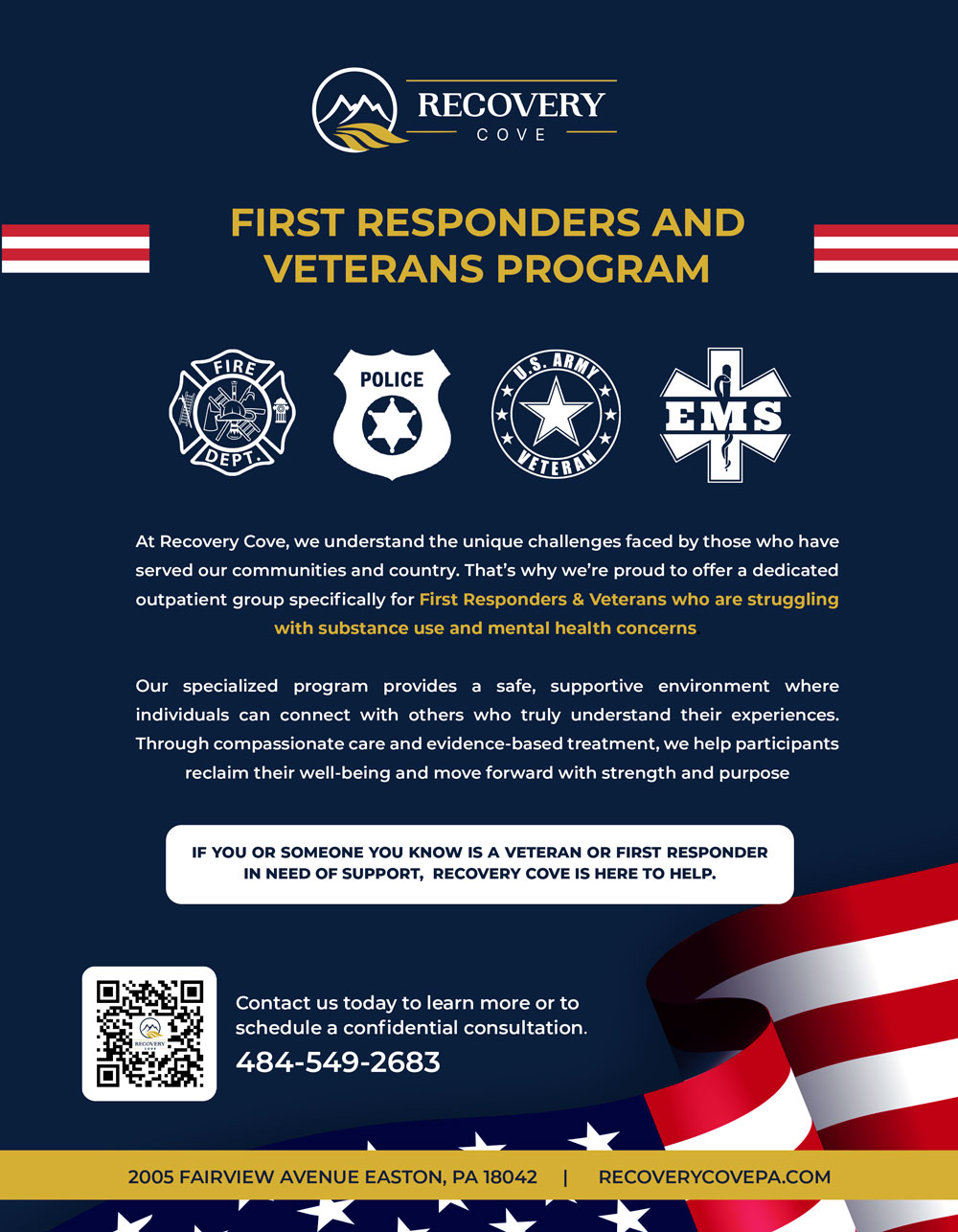For some people, getting sober after drug rehab in PA initially leaves them with feelings of excitement and euphoria. They feel great inside and out, causing them to be overconfident in their sobriety. Known as “pink clouding,” this phase of recovery does not last forever. In fact, it can come to a crashing halt, which is why it's important to recognize it for what it is.
Let’s learn more about pink cloud syndrome, why it happens, the signs to watch for and how to protect yourself from a false sense of security.
What is Pink Cloud Syndrome?
Pink cloud syndrome is a term used in the recovery community to describe someone who is riding a wave of bliss as they recover from substance use. Typically, though not always, this happens a few days after completing detox. Most of the physical symptoms are gone, and you feel great. However, it can also happen several weeks after withdrawal. Pink cloud syndrome usually lasts for a few days or weeks, though it can go longer.
You can think of pink cloud syndrome as being a honeymoon phase. It’s likely been a long time since you’ve been sober and able to see things clearly, so this in itself feels wonderful. You’ve also gone through the grueling withdrawal process and feel confident and excited about the future. But like all honeymoon periods, pink clouding comes to an end. This is why it’s important to recognize the stage you are in so that you can establish realistic expectations.
The Signs of Pink Clouding
If you recently completed detox, your withdrawal symptoms have subsided and you’re feeling really good, you are probably pink clouding. Here are some signs and symptoms to be on the lookout for:
- Euphoria and extreme happiness. While there’s nothing wrong with being happy, people with pink cloud syndrome often believe that their addiction is behind them and they won’t experience difficulties again.
- Overconfidence. Maintaining sobriety takes work, and you can’t get complacent. People experiencing pink cloud syndrome typically believe that they can resist triggers and temptation, which can put them in situations they’re not ready for.
- Overlooking hard work. Sobriety doesn’t just happen - you have to work at it. Part of this involves building a life that aligns with your goals, including making new friends, finding hobbies and being active in recovery.
- Unrealistic expectations. Having unrealistic expectations for the recovery process can cause frustration, putting you at risk for relapse. It’s important to know that recovery has challenges and setbacks.
- Neglecting recovery efforts. When you feel overconfident in your sobriety, you may assume that you don’t need to keep going to support meetings or therapy. However, these tools will help you maintain your sobriety.
What are the Dangers of Pink Clouding?
People who have been in recovery for a while know the dangers associated with pink clouding. They let others know that while it feels good to be newly sober, there are things to be mindful of. The biggest challenge with pink cloud syndrome is that it can cause people to be overconfident in their ability to remain sober. As a result, they might make decisions that put them in harm’s way.
For example, let’s say that you just completed detox and you’re feeling pretty good. Your energy levels are up, the brain fog has lifted and you’re through the worst of the withdrawal symptoms. Things are really looking up, and you believe that you have this sobriety thing under control. There’s no way that you’re going back to drugs or alcohol now.
Your phone rings and it’s one of your friends who you used to get high with. They want you to come over and hang out. Because you're feeling so confident in your sobriety, you assume that you’ll have no problems staying sober. Unfortunately, when you arrive at your friend’s house, the familiar environment becomes a powerful trigger.

Not only can pink clouding put you at risk for relapse, but also it can give you the false impression that recovery is easy. In reality, recovery involves hard work, and you need to be prepared for the ups and downs of the process. Additionally, when this honeymoon period ends, it can cause extreme disappointment and even depression.
Does Pink Cloud Syndrome Have Any Benefits?
As long as you accept the fact that pink cloud syndrome will end, this stage of recovery does not have to be negative. After all, it’s important to have feelings of positivity and optimism in recovery, and pink clouding gives this to you so that you can get your recovery off to a great start. Furthermore, you can use this time to shift your perspective on sobriety, repair relationships and instill healthy habits.
Again, as long as you recognize that what you are experiencing is pink cloud syndrome, and that it will end, you can put these optimistic feelings to good use. It’s also important to continue working on your recovery - do not get complacent. Go to your recovery meetings and support groups. Eat healthy meals, get restful sleep and exercise every day.
When the Honeymoon Period Ends
When the pink cloud lifts, it’s normal to feel a wide range of emotions. This happens because when you were using drugs or alcohol, you were numbing those emotions. Now that you are sober and the newness of recovery is wearing off, you need to learn how to process your feelings without substances. This takes time, but you have a lot of tools and resources to help get you through, including therapy, counseling, peer support, recovery meetings and holistic practices like art therapy, music therapy, meditation and yoga.
Many people also benefit from journaling, as it allows them to track their thoughts and feelings and see how far they’ve come. You can start a journal at any time and contribute to it daily - even just a few minutes can make a difference. Journaling is also a great way to practice gratitude, which in turn, fosters a positive mindset.
The Next Steps
Recovery is a lifelong journey, and Recovery Cove in Easton, PA is here to help you through each stage of the process. Together, we can build a plan for you that meets your needs and aligns with your goals while taking various factors into consideration, such as your family dynamics, living environment and co-occurring conditions. Contact Recovery Cove today at 484-549-COVE to learn more about our treatment services and how they can help you gain back your life after substance use.







